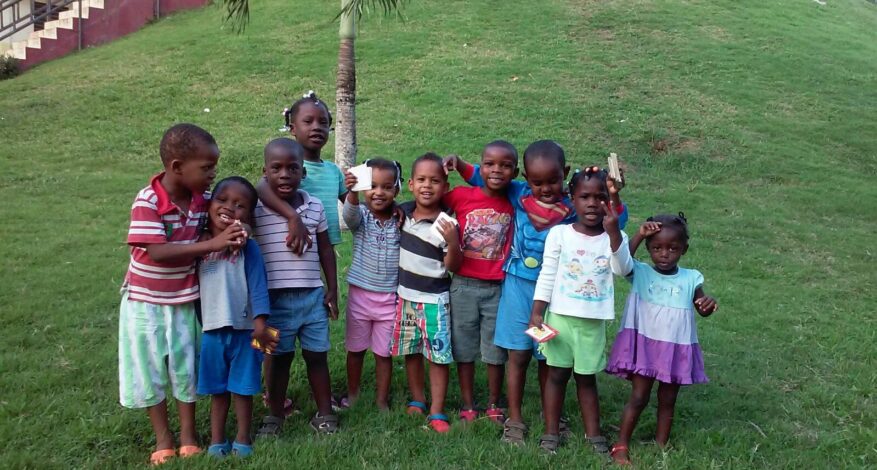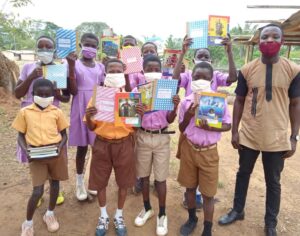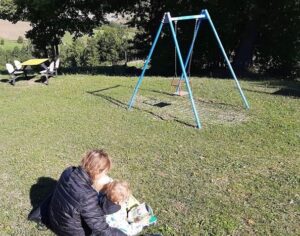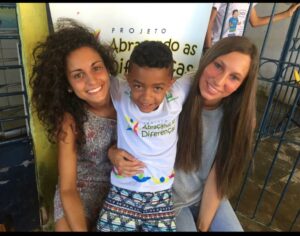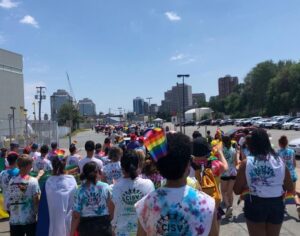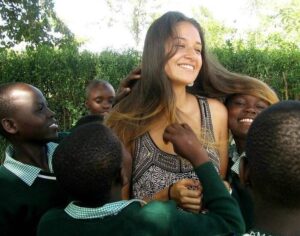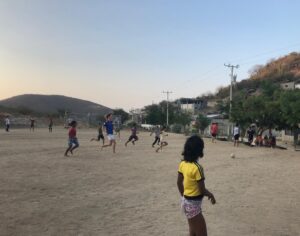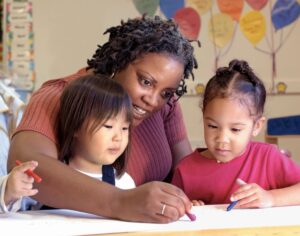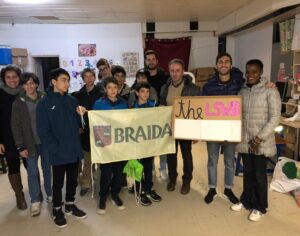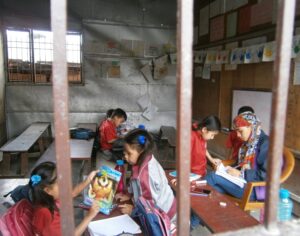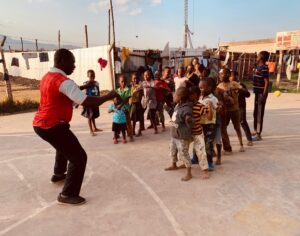THE HIDDEN SIDE OF DOMINICAN REPUBLIC
The majority of us knows the Dominican Republic as that wonderful island in Central America, which is famous all over the world for its amazing seashores, its incredible music, its resemblance to a paradise, a place where everything is possible. As if it was disconnected from the rest of the world.
A new experience in the middle of America
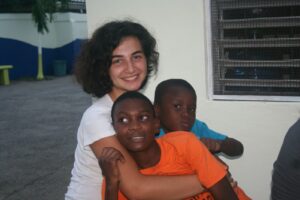 Let me tell you something more about the Dominican Republic. I am Arianna, I am 24 and a few years ago I left Italy to go to a children’s educational centre in Boya, in the province of Monte Plata, in the middle of the island. I was a volunteer of “Progetto Esperanza”, an organisation whose aim is to guarantee and safeguard children’s rights. In fact, it welcomes and helps children who do not have food, medicines, a home, or a family that can take care of them.
Let me tell you something more about the Dominican Republic. I am Arianna, I am 24 and a few years ago I left Italy to go to a children’s educational centre in Boya, in the province of Monte Plata, in the middle of the island. I was a volunteer of “Progetto Esperanza”, an organisation whose aim is to guarantee and safeguard children’s rights. In fact, it welcomes and helps children who do not have food, medicines, a home, or a family that can take care of them.
Before leaving, I asked myself what I was going to give to the others with this experience, to those children who had nothing. Eventually, I ended up realising that I was receiving much more than what I could ever give to someone else. At the beginning of my experience, I felt lonely and scared because I was so far from home, from my family, my daily routine. I had left all I was sure about for something I did not know, to go to one of the most dangerous countries in the world. Few days after my arrival, I realized that the Dominican Republic is a place where, even if you have nothing, you are the happiest person in the world, a place where children do not know you but love you anyway, simply because you’re there, smiling at them.
Progetto Esperanza and its activities
 Progetto Esperanza welcomes children of all ages, and the majority of the hosted children actually have a family, which however cannot take care of them. The parents leave their children at the centre and, every now and then, they come to see them spend some time together. During the day, the children go to school but when they come back, every day at 4 p.m., they live all together. When sleeping, they are split according to their age and gender, so they can learn to share, to love each other, to help if someone needs it. During the weekend they are divided into groups, and they are brought alternately to the sea or to the swimming pool. Furthermore, sometimes, in the afternoons, they participate in some “workshops” with some specialists, in order to learn to play together.
Progetto Esperanza welcomes children of all ages, and the majority of the hosted children actually have a family, which however cannot take care of them. The parents leave their children at the centre and, every now and then, they come to see them spend some time together. During the day, the children go to school but when they come back, every day at 4 p.m., they live all together. When sleeping, they are split according to their age and gender, so they can learn to share, to love each other, to help if someone needs it. During the weekend they are divided into groups, and they are brought alternately to the sea or to the swimming pool. Furthermore, sometimes, in the afternoons, they participate in some “workshops” with some specialists, in order to learn to play together.
Unfortunately, many children have a very difficult background and, before arriving at the centre, living in very bad conditions. That is why a psychologist comes to the centre once or twice a week, so she can help them to better understand what it means to live far from their home and family. While they stay at the centre, the volunteers of the organisation have many different responsibilities. For example, I worked in the office of the centre while children were at school, and, in the afternoons, I played with some of them. They cannot wait to come back from school and see you because they know you will be there for them. That is why you become so important to them so quickly.
In the Dominican Republic, there are many problems related to children’s rights, family rights, human rights, violence against women and children. That is why the project tries to operate also in other areas in order to improve their conditions and help their realities. For instance, it cooperates with some schools of the country, with the tribunal (when there are cases and judgments concerning the hosted children), and with the juvie in order to reintegrate a minor into the society.
What does it mean to be a volunteer?
Progetto Esperanza gives you the best chance to discover the real meaning of donating yourself to others, to start leading a different life, even if for a limited time, to help someone else, to realize how much grateful we should be just because we are born in the lucky part of the world, and to learn how powerful a smile can be. Being a volunteer is an experience we all should have once in our lives. People think that volunteers have to give their work, time, and energies for free, but the truth is that they are given back much more than what they give, culturally and emotionally.

